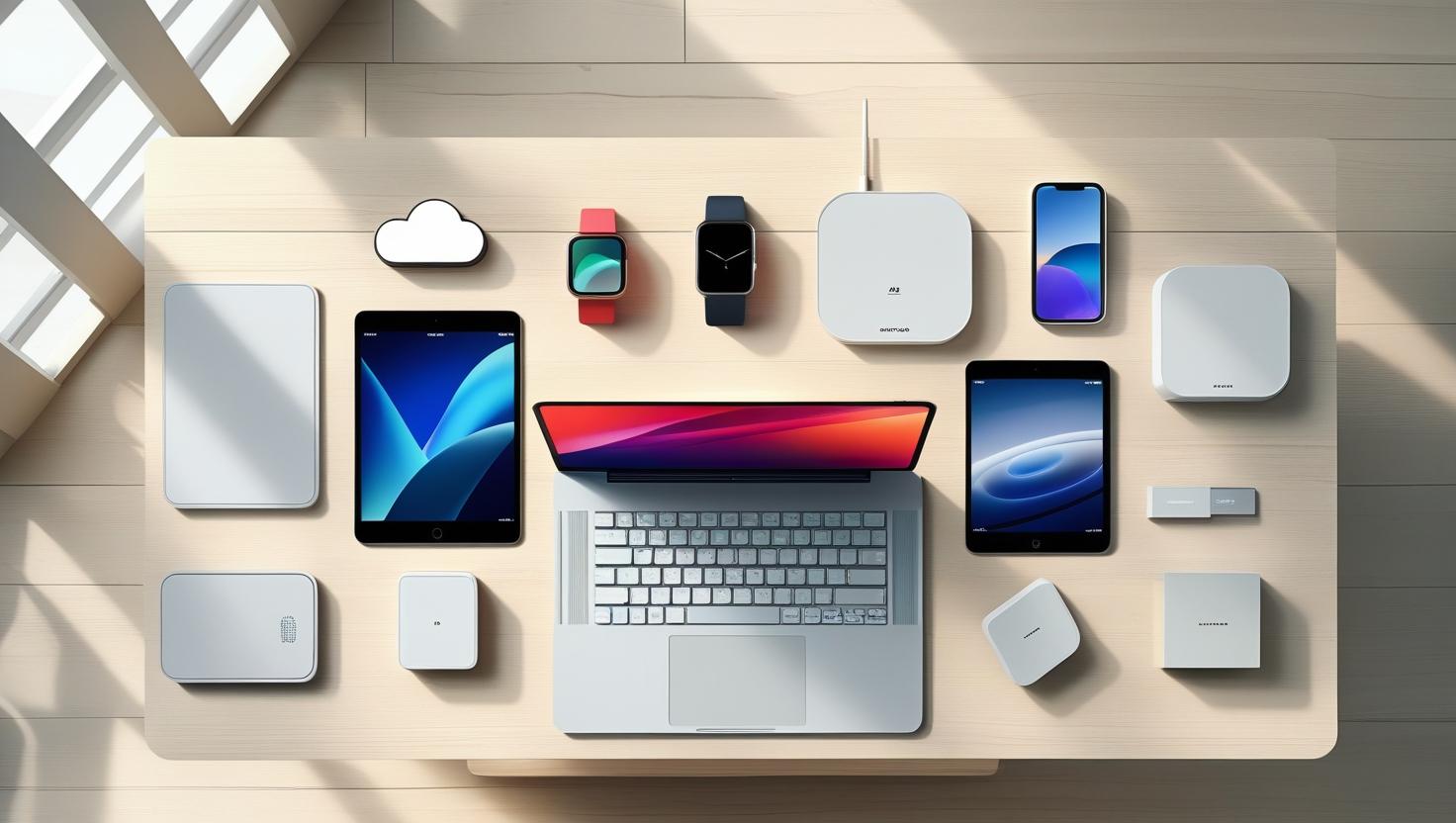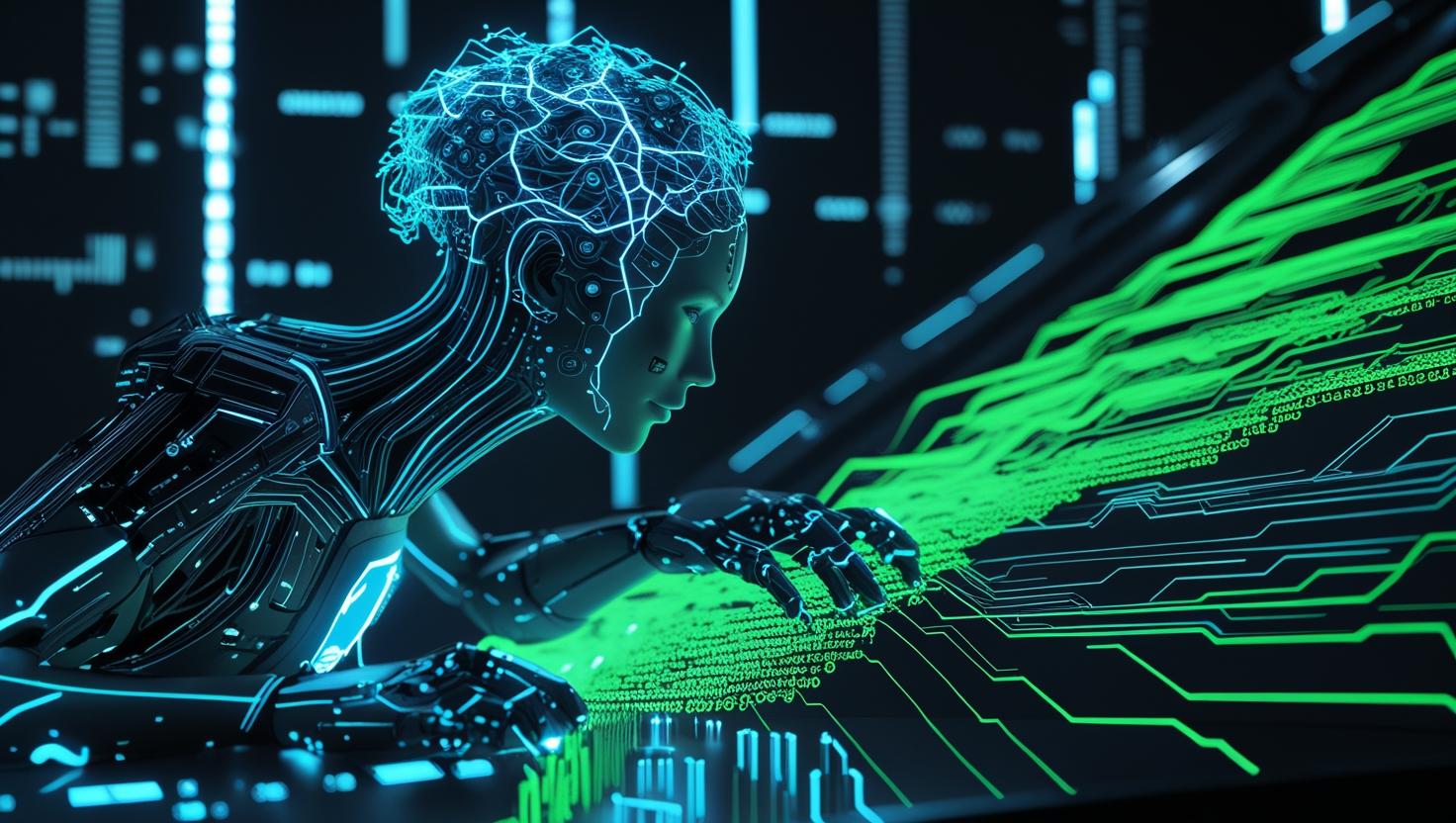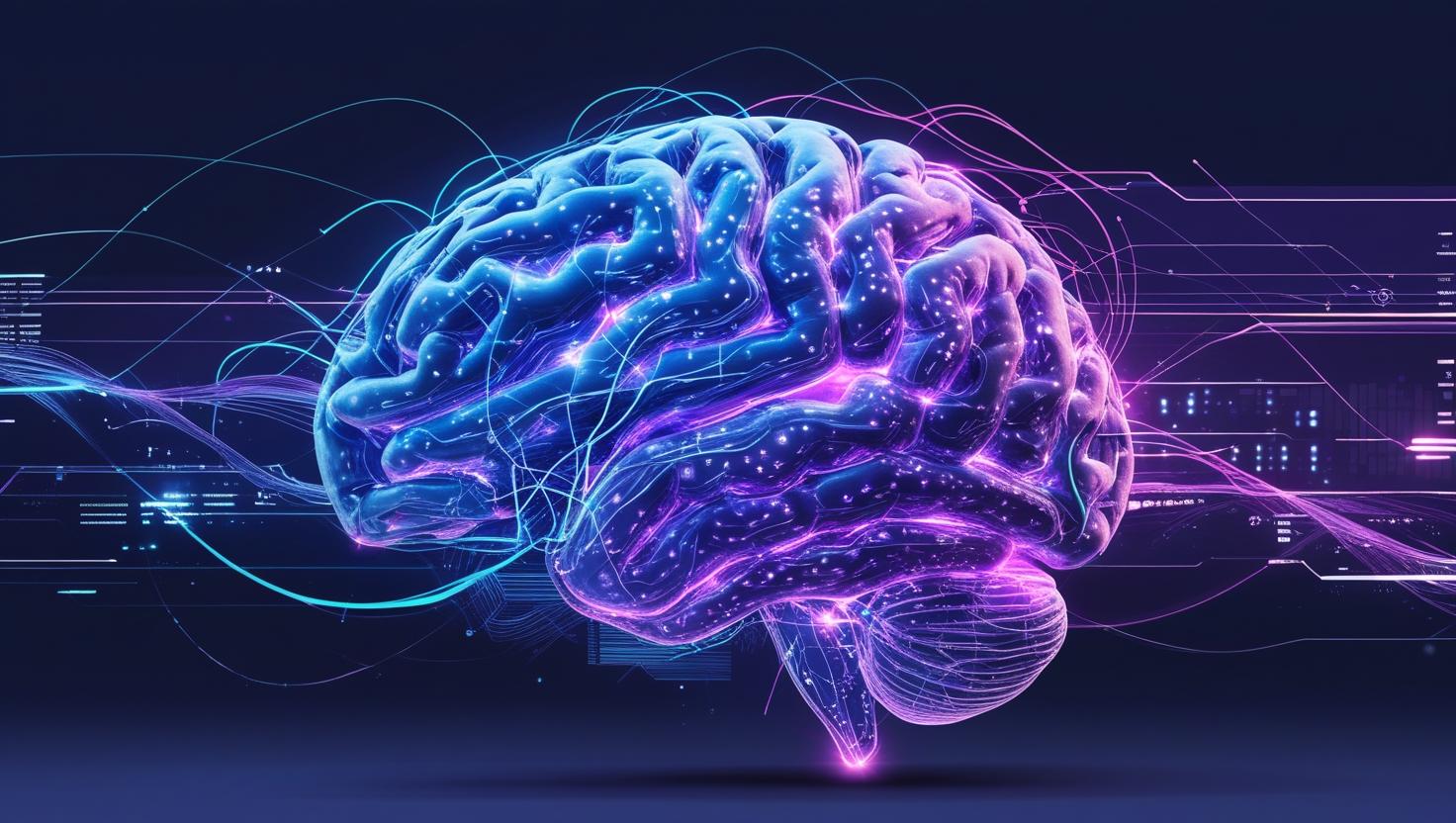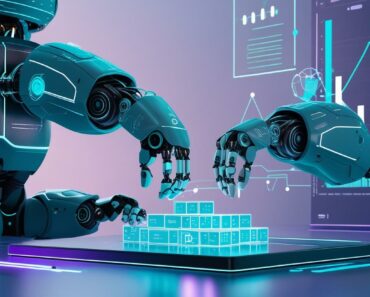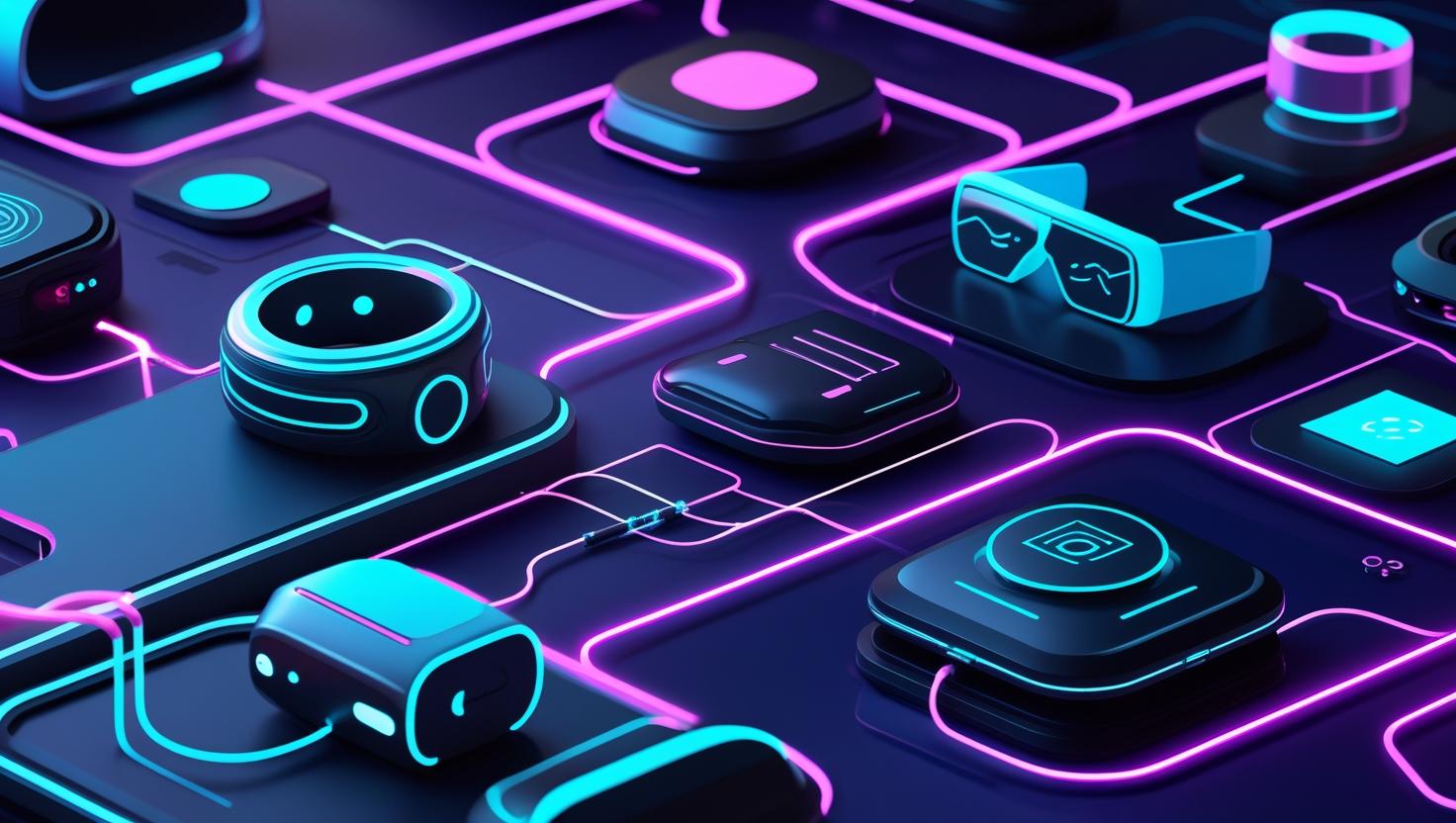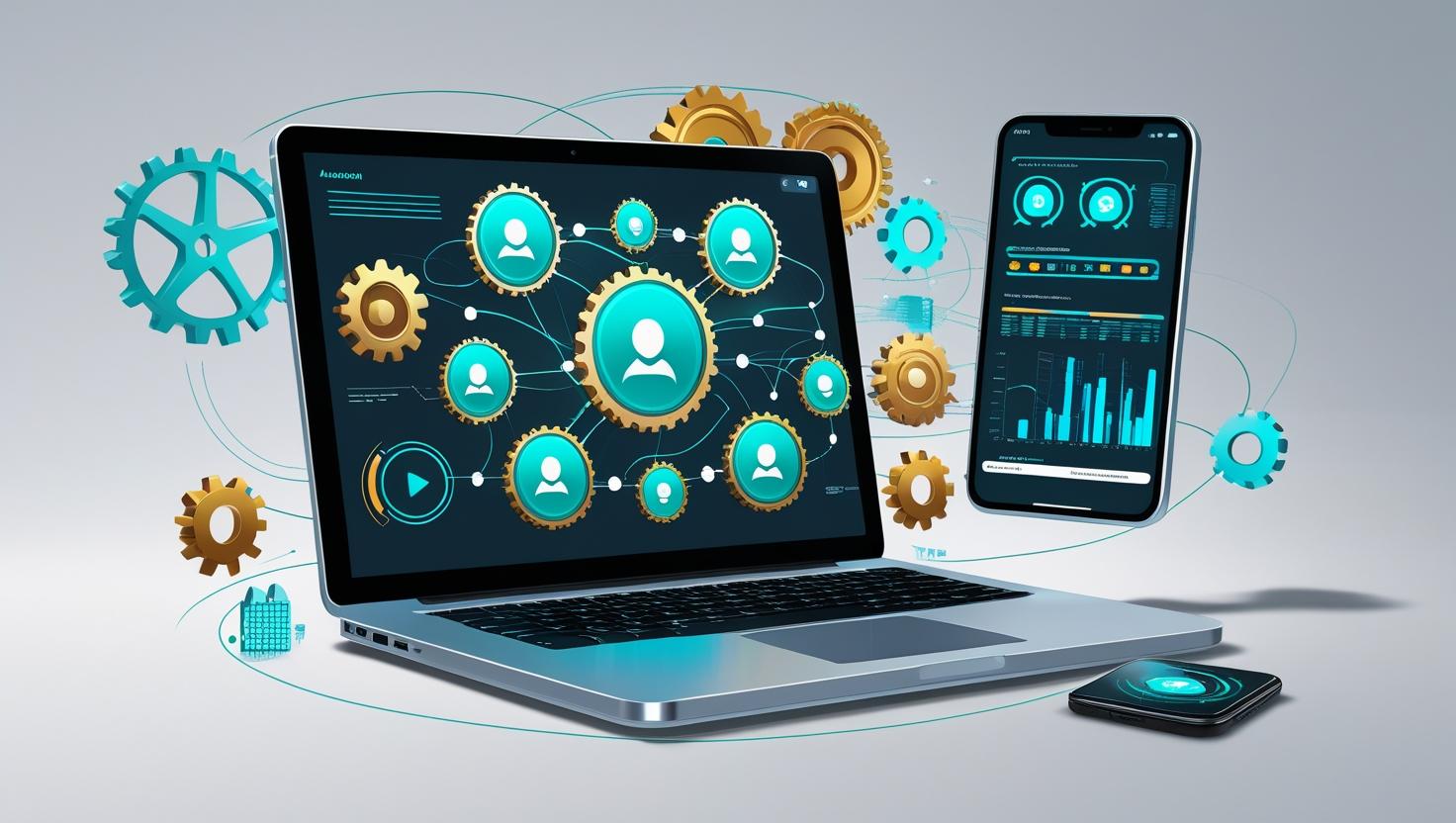This shift isn’t just about shiny new features. It’s about a deeper integration between **AI software**, human behavior, and daily workflows. Let’s explore the rise of AI-powered apps, the increasing demand for **digital security tools**, and what these trends reveal about how we live and work in the age of automation.
AI Productivity Tools Take Center Stage
One of the most searched topics in the past 24 hours was the growing use of **AI note-taking apps** such as Notion AI, Otter.ai, and Sembly. These tools are transforming how teams capture ideas, summarize meetings, and organize workflows—often in real time.
With a simple voice command or integration into Zoom or Google Meet, these apps can **automatically transcribe and summarize meetings**, assign action items, and deliver polished follow-up notes. The rise of such tools signals a deeper shift: automation is no longer a luxury—it’s becoming standard practice in the knowledge economy.
Users are increasingly searching for software that helps them “do less, better.” That means apps that can reduce mental clutter, eliminate repetitive tasks, and enhance decision-making. AI isn’t replacing workers—it’s becoming their most powerful ally.
The ChatGPT Mobile App Evolution
The official **ChatGPT mobile app** saw a sharp rise in interest, likely driven by new updates and integrations. As users grow accustomed to having generative AI in their pocket, they are demanding smoother, faster, and more personalized interactions.
What sets the ChatGPT mobile experience apart is its versatility. From drafting emails to brainstorming social media content, users are leveraging the app as an **on-the-go thought partner**. The trend reflects the broader movement toward **mobile-first AI software**, where design and functionality are optimized for small screens, fast thinking, and flexible usage.
With the latest updates, OpenAI’s app is focusing more on multimodal inputs, better voice interactions, and intuitive user flows. These enhancements aim to make AI more accessible and conversational for everyone—from students to professionals to content creators.
Rising Focus on Secure Password Managers
In the wake of cybersecurity threats and data breaches, apps like **Bitwarden**, **1Password**, and **Dashlane** are gaining renewed attention. Searches related to “best password manager 2025” spiked after reports of leaked credentials and phishing scams hit social media.
These tools do more than store your logins. Modern password managers now offer **end-to-end encryption**, dark web monitoring, and biometric logins to help users stay safe in an increasingly hostile digital environment.
As the average person juggles dozens of online accounts, the ability to generate and autofill strong, unique passwords is no longer optional—it’s essential. The surge in password app interest shows a shift in digital hygiene: users want **secure software solutions** that offer peace of mind without friction.
Why Mobile-First Design Is Winning
Across every category—from AI tools to finance apps—**mobile-first design** is dominating. Users are spending more time on phones than laptops, and they expect apps to load fast, work offline, and integrate seamlessly into their lifestyle.
This is leading to a new wave of design thinking, where every feature is optimized for touch screens, limited attention spans, and quick results. Clean interfaces, dark mode support, and voice-driven commands are no longer trends—they’re standards.
Developers that ignore mobile responsiveness are being left behind. The apps gaining the most traction today are built with **mobile UX as a foundation**, not an afterthought.
Privacy-First Features Become a Selling Point
Today’s users are savvier than ever about **data privacy**. Apps that prioritize user control, transparency, and minimal data collection are seeing stronger adoption rates. Whether it’s anonymous search apps, encrypted messaging platforms, or trackers for screen time and digital wellbeing—users are voting with their downloads.
Even mainstream tools are responding. Software companies are racing to include **privacy dashboards**, cookie controls, and end-to-end encryption in both free and premium versions. The message is clear: trust is now a core feature.
Interconnected Ecosystems Are the Future
Another key theme emerging is the preference for **interconnected ecosystems**. Users want apps that can talk to each other—seamlessly syncing between devices, platforms, and services. Whether you’re jotting notes in Notion, generating copy in ChatGPT, or saving credentials in Bitwarden, the winning apps are those that integrate naturally into a person’s digital rhythm.
APIs, Zapier integrations, and AI extensions are fueling this trend. The most effective apps today are **not isolated products**, but nodes in a larger, intelligent network of productivity.
Conclusion: Smarter Apps, Smarter Lives
The past 24 hours have shown us where software is headed—and why it matters. We’re witnessing a new generation of apps that combine **intelligent automation**, robust **security features**, and elegant **mobile-first design**. These tools are not only changing how we work, but also how we think, communicate, and protect ourselves online.
In 2025, the smartest apps will be those that balance **speed with security**, **AI with empathy**, and **design with data protection**. As our digital lives grow richer and more complex, the tools we choose will define the way we live.
And one thing’s clear: the era of smarter screens is just getting started.
